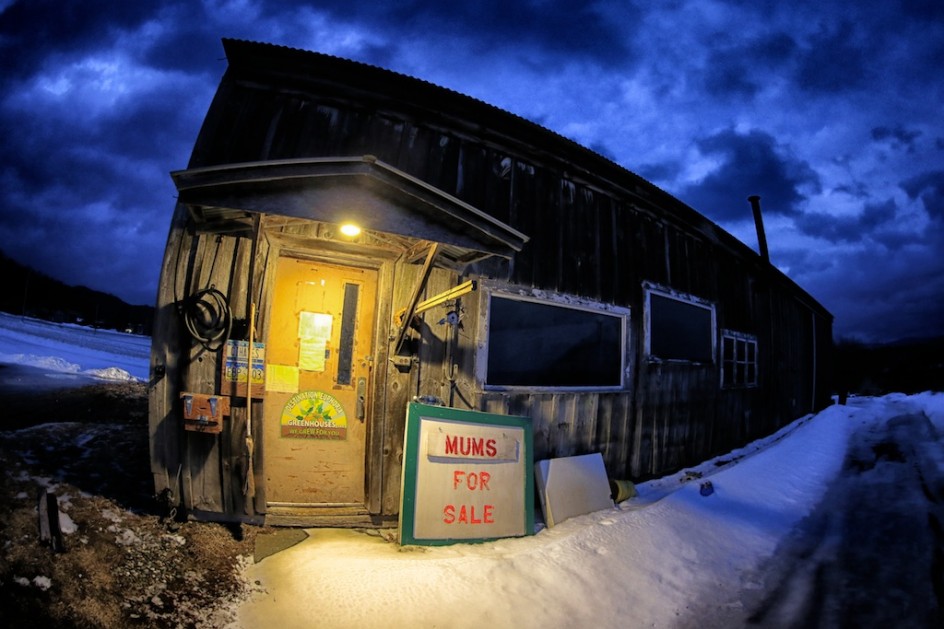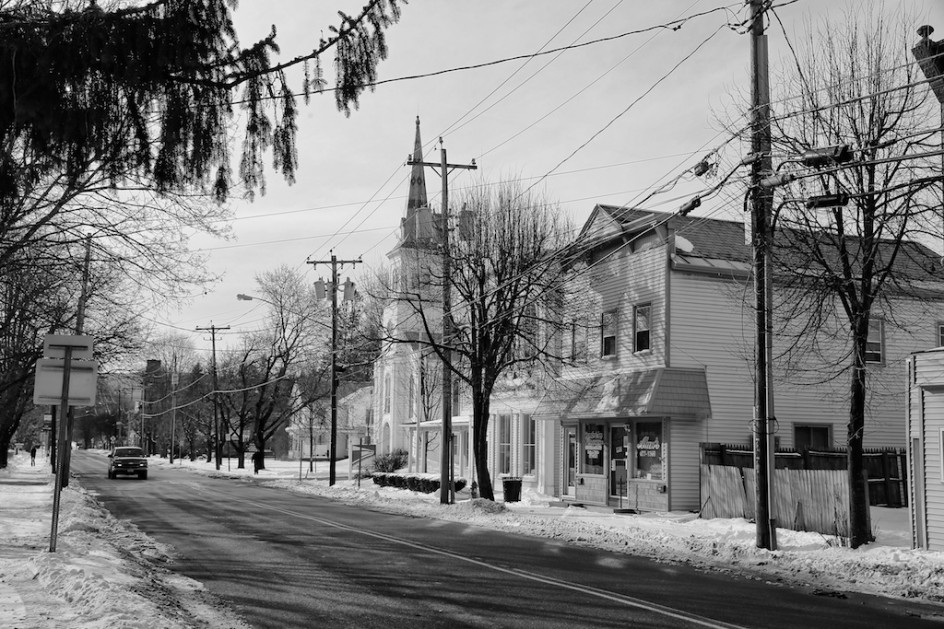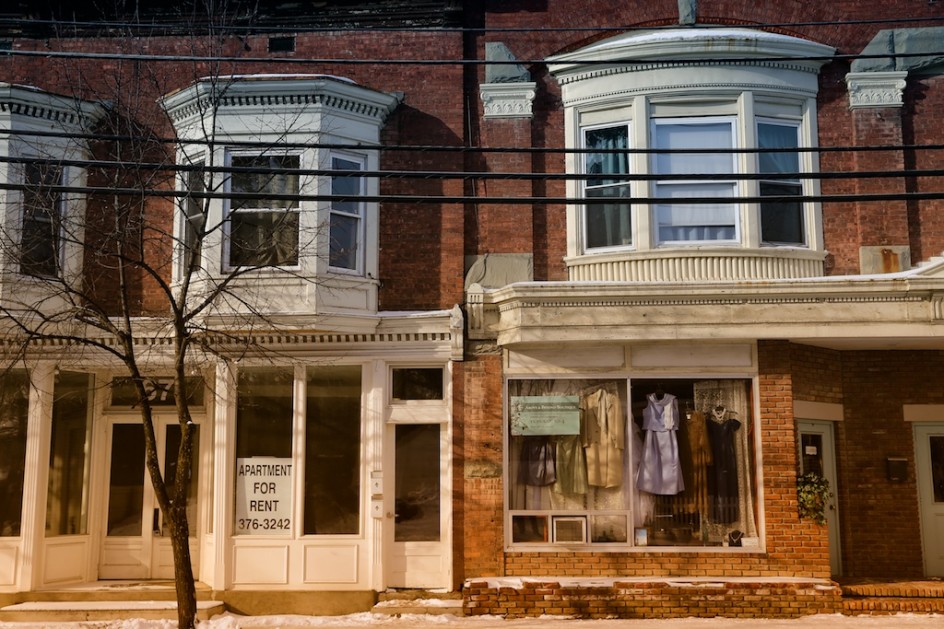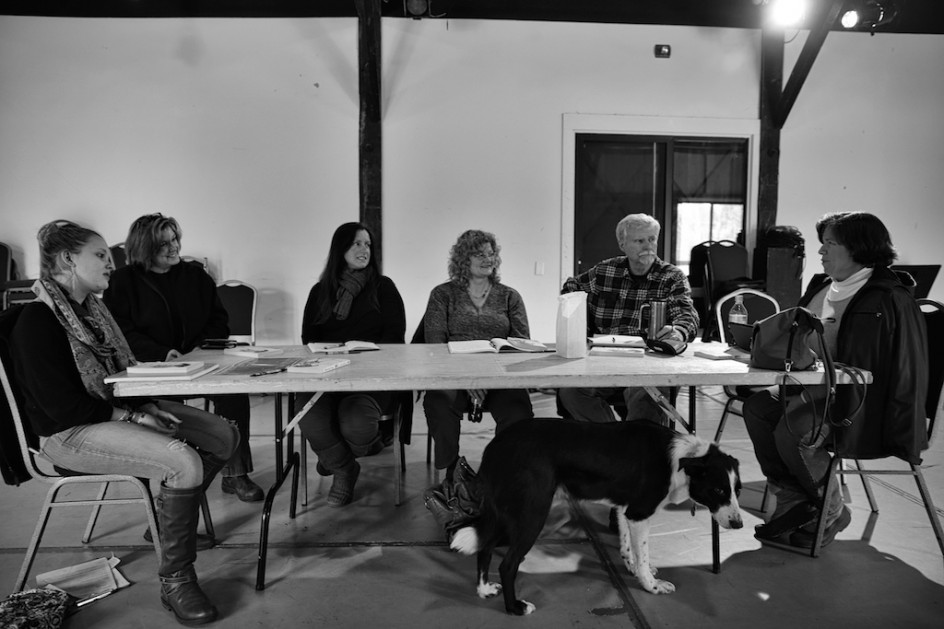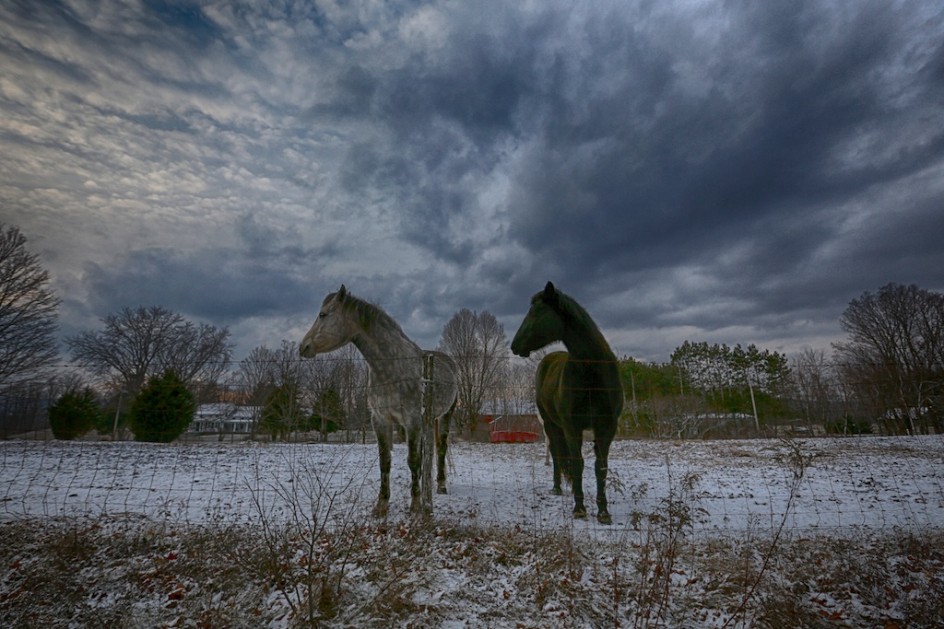
“A long time ago, when the Earth was green
There was more kinds of animals than you’ve ever seen,
And they ran about and played while the Earth was being born,
And the loveliest of all was the unicorn.”
–The Unicorn Song, The Irish Rovers.
In 1928, the author and naturalist Henry Beston spent a year alone on the outer beach of Cape Cod, he wrote a beautiful book called The Outermost House, in which he wrote a famous passage that helped spark the animal rights movement and inspired so much of my writing, including several of my books as well as my next book project, Talking To Animals. Beston is important to me and many people who love animals and wish to see them accorded rights.
“We need a wiser and more mystical concept of animals” he wrote.
“We patronize them for their incompleteness, for their tragic fate of having taken form so far below ourselves. And therein we err, we greatly err. In a world older and more complete than hours they move finished and complete, gifted with extensions of the senses we have lost or never attained, living by voices we shall never hear. They are not brethren, they are not underlings; they are other nations, caught with ourselves in the net of life and time, fellow prisoners of the splendour and travail of the earth.”
The passage was one of the most important and influential ever written about animals. Beston lived in a very different time, many Americans still lived and worked with animals and understood them well, it was not yet apparent that human beings would ravage the earth, wipe out countless species, develop the wild open spaces of the country, drive them out of our lives and begin to see them not as independent and dignified beings, but as helpless and dependent pets who must be rescued.
Beston’s writing became an anthem for the then nascent animal rights movement, many of whom took his words to mean that animals were not subservient to humans, did not exist to serve them but were, in fact, an equal nation, entitled to many of the rights that human beings had demanded and in many cases achieved for themselves.
Beston’s book was also an anthem for me, but I interpreted it differently, as did so many other people. We did then and do now need a wiser and more mystical concept of animals than has currently been set before us. It is apparent in Beston’s many other, much less popular books and writings that he was calling for a recognition that we need a new language, a new consciousness for understanding animals. They are not, he wrote, our children, our siblings, our equals, they are something else.
In Outermost House and especially in his other writings, Beston writes about his new understanding. He wrote of sanctity that was part of the ancient partnership beetween human beings and animals. “We must understand and respect animals, not idealize them,” he wrote, “their survival depends on it, so does ours.” He saw the birds and fish and otters and seals and dogs and raccoons of the Cape as fellow travelers on his journey.
We are in this world together, he wrote, fellow prisoners of it, we work together with animals, not apart from them. Even then, he saw that animals that did not live in partnership with people were at peril, were rapidly becoming extinct. Beston did not believe human beings were superior to animals, or that animals were superior to people. Their relationship to one another is more complex.
This passionate animal lover recognized that in our modern world, animals are helpless to survive and prosper without the support and understanding of people. Humans are the most ravenous and destructive of all species, and few animal species have or will survive us without a new understanding of them. In a contest for rights and positions with people, animals should never be pitted against people, they can only lose. We alone have the tools to destroy everything else around us, and we have shown again and again that we will use them.
What has touched me so much about the plight of the carriage horses and the carriage trade in New York is that I am beginning to see what is really quite obvious, what has been so grievously misunderstood and feels so wrong:
The relationship between the horses and the owners, the drivers, the people who ride in the carriages – is precisely the new and mystical understanding Beston was thinking of.
The carriage trade is mostly descended from and dominated by people from Ireland, perhaps the country with one of the oldest and most mystical traditions of living and working with animals. What is so striking about them, and how obvious from first blush, is now much they know and love the horses, not how much they mistreat them. The focus of so much of the movement to destroy this culture is the idea that because it is centered around work, it must be cruel. Instead, they demand and imagine a sylvan fantasy for the horses, a life working horses have never lived.
The relationship between these men and women and their horses goes back centuries, is recorded in poems and books and songs. The people in the carriage trade know their animals as well or better than any people I have known, in marked contrast to the people seeking to ban them.
According to Lars Nooden, a religious scholar at the University of Michigan, animals in Celtic and Welsh mythology are tied in with fertility and vitality, because they are moving, growing, and living in partnership with people. They also provide vitality and continued life for the ancient tribes through their meat, skins, and bones. Beyond that, they are a connection to the realm of spirits and the Gods.
Rights for animals do not mean separating them from humans, banishing them from work, disconnecting this ancient and most powerful of bonds. It is not cruel to animals for them to serve human beings, this has been their purpose and salvation for centuries.
One of the great ironies of the carriage horse controversy is that the carriage and stable people come directly from this wiser and more mystical concept of animals in dramatic contrast to the groups and politicians seeking to ban them. They have chosen to live and work with animals when almost everyone else has abandoned them, they understand more than anyone the urgency of treating them well, as their lives depend on it. They know animals in only the way people who live and work with them can understand them.
I suppose I relate to this because my wife and I also live in partnership with working animals, they also provide me a livelihood, they inspire my writing, my books, my photography, my way of life, much of Maria’s wonderful art, our lives would vanish without them, or if we adopted the view of animals embraced so stridently by the modern incarnations of the animal rights movement. It is shocking for me to see their work and partnership with people so denigrated and misunderstood. Poor Henry Beston, his ideas were so much better than this.
The animal rights groups and politicians of New York are assaulting the wrong people in their surreal campaign to save the carriage horses by sending them out to die. It is the people in the carriage trade and the growing numbers of animal lovers who support them who have the wiser understanding of animals. It is the people in the carriage trade who are keeping the horses alive, they are treating them well, they are almost alone in keeping these animals in the modern world, in the heart of a great city, in the view of many millions of people who would otherwise forget them. And in a safe place that protects them from the awful slaughter destroying hundreds of thousands of equines all over the country each year.
The people in the carriage trade are like people everywhere, some wonderful, some ordinary, some flawed. The carriage trade doesn’t need to be perfect in order to be good or worthwhile, any more than horses need to live perfect lives to have good lives.
The people who own and ride these horses do not pity or patronize their animals, or treat them as human children and inferior and helpless creatures. They offer us a model for giving animals a dignified, even economically viable, way to survive amongst us. This campaign against the horses demeans the hard and good work of animals. In so doing, it demeans the hard and good work of people. That’s why the mayor of New York doesn’t understand the difference between working with horses and driving fake antique electric cars or riding in either.
Beston would have been appalled at the cruel and shallow idea that the only role for animals in our world is to be banished to an ultimate animal welfare fate – to exist only on rescue preserves and the fenced-in pastures of the rich. Could the lives of animals get any smaller or less meaningful than that? Prisons don’t have to have bars.
We value work for people, we understand it’s centrality to life and purpose. Why would be not bestow the same dignity on animals?
To ban these horses – and hundreds of people – for working is to patronize them for their incompleteness, for their voicelessness. In our arrogance and narcissism, we stuff our words into their mouths and brutalize the very people who keep them alive. And therein we err, for the animal cannot be measured by man.

